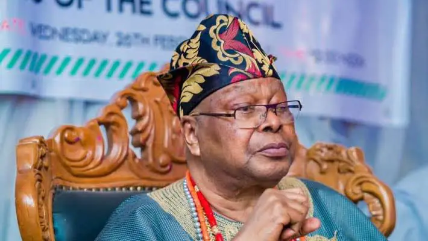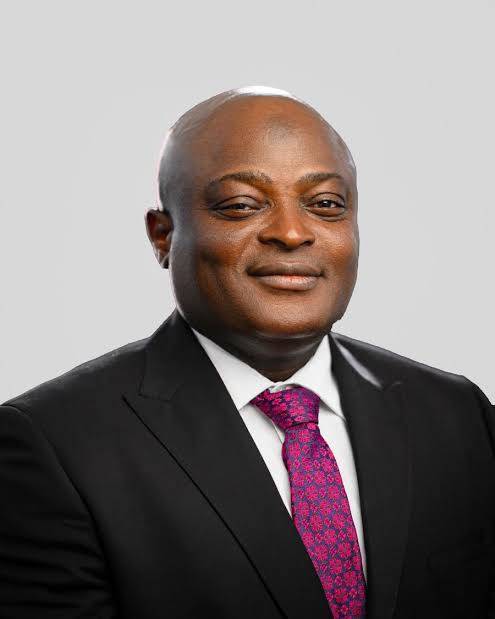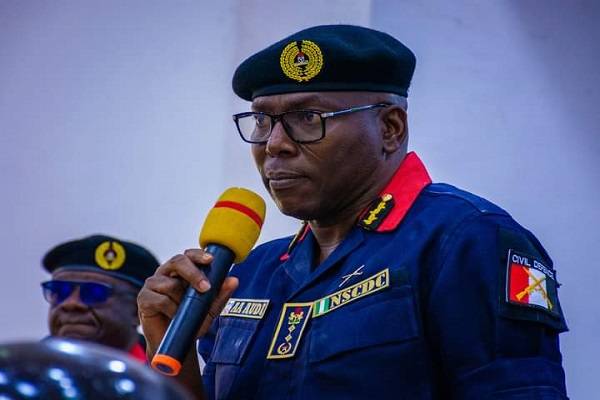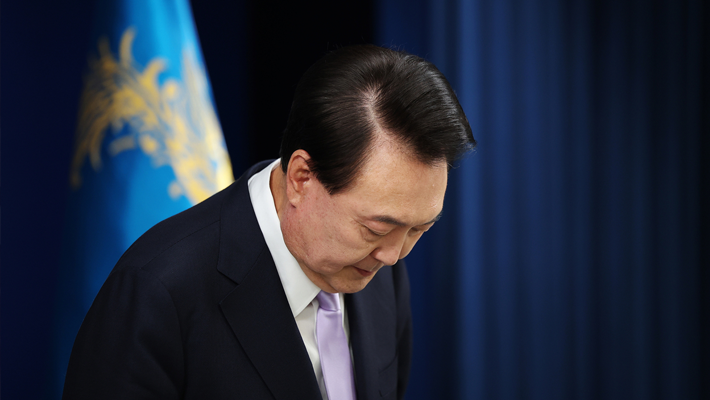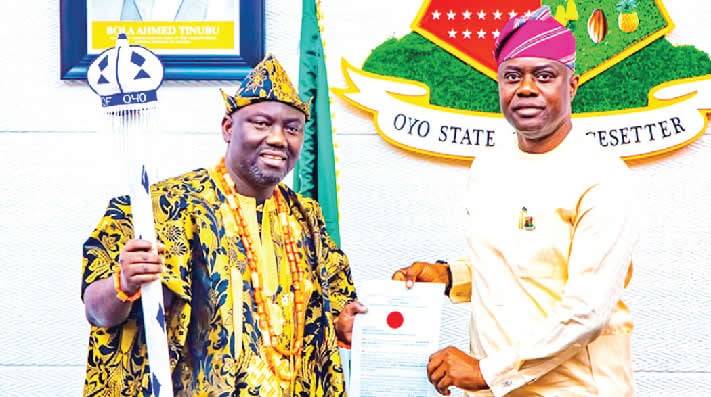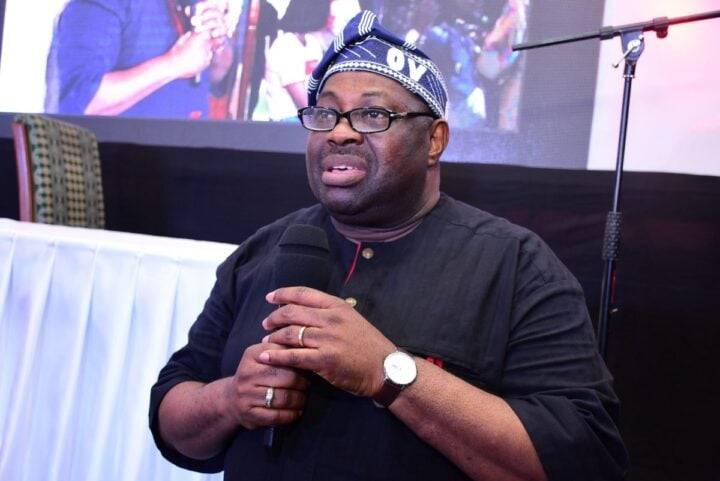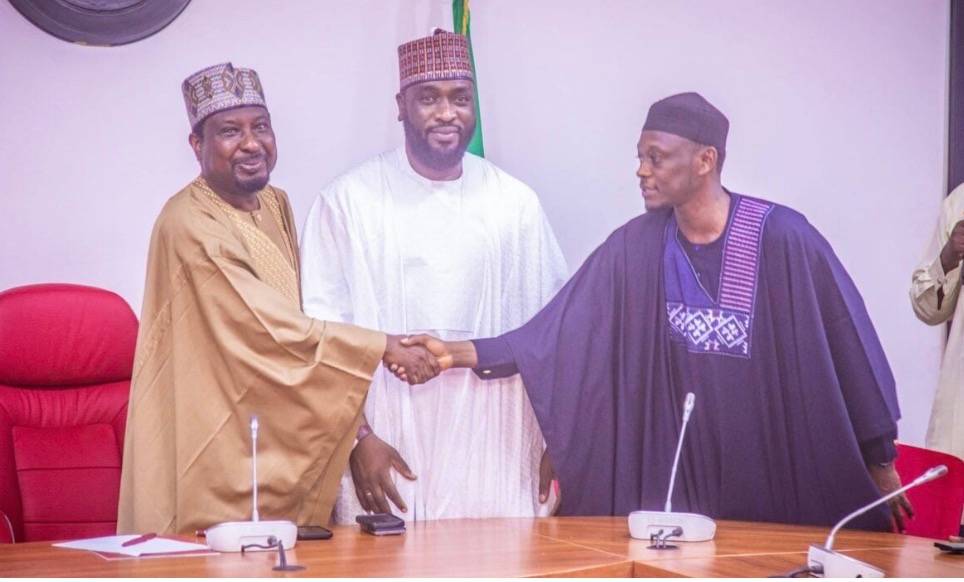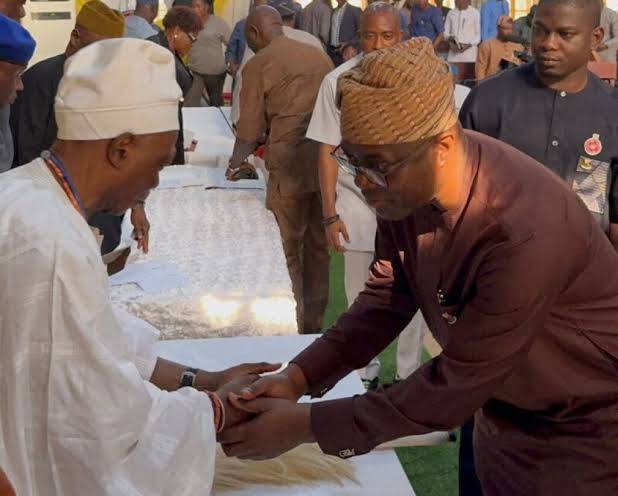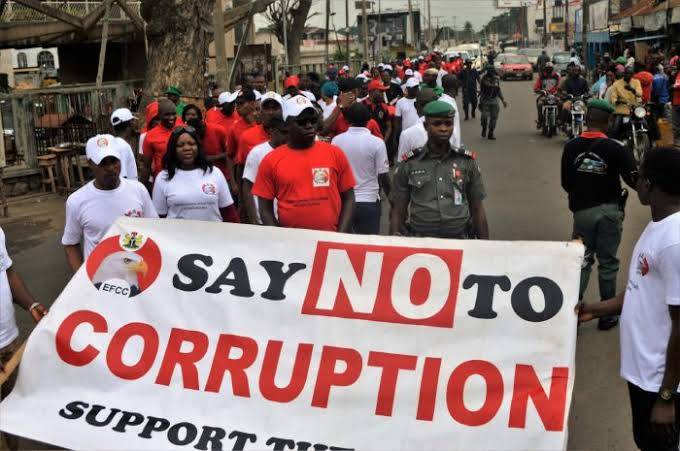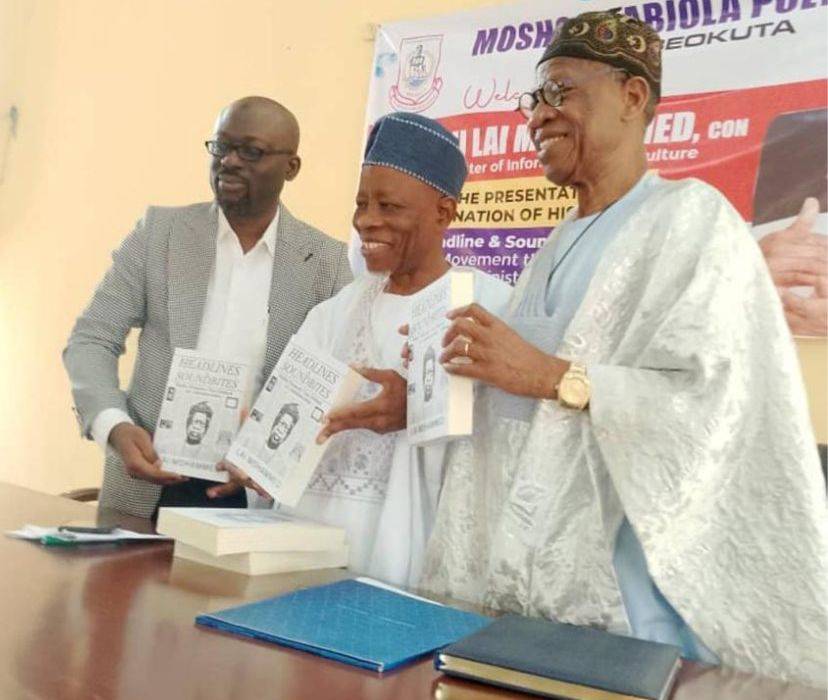Rt. Hon. Mudashiru Obasa, the Speaker, Lagos State House of Assembly has urged Nigerians to elect leaders based on competence rather than be dissipating their energy on religious bias as the 2023 presidential election approaches.
Obasa made this known at the 14th Annual Hijrah Lecture organised by the Lagos State Assembly Muslim community at the Assembly Complex in Lagos midweek.
The theme of the event is titled: “The Role of Religious Leaders in a Democratic State.”
Obasa equally urged religious bodies to focus their energy on issues that would unite Nigerians rather than issues that would divide the nation.
The speaker further stated that notwithstanding political parties’ decisions on Muslim-Muslim or Christian-Christian tickets, emphasis should be on the good intentions of contestants for important elective posts.
Obasa said: “Let us not allow politicians bamboozle us with religion as a determining factor for who we will choose as our leader.
“Therefore, at this time when Nigeria stands at its most critical historical juncture regarding the 2023 general elections, there is a crucial call for religious bodies to deploy their collective spiritual energies in not only undermining the negative forces of nepotism and dysfunctionality but in positively enhancing the development of Nigeria.”
The speaker added that as enshrined in the Constitution of Nigeria being a secular state, there was no provision for the elevation of a particular form of religion over another.
According to him, “no religion should have monopoly of being in charge of government. What we have is freedom of religion.
“In some states of the country where either a Muslim or Christian had been in charge without making any meaningful performance is a testament that religious faith do not determine the success of any given government at whichever level.”
The speaker further stated that “a competent, qualified, accomplished, and knowledgeable individual, irrespective of the religious background, should be our focus.”
Obasa noted that all over the world where democracy was being practiced, it had been established that good governance was not determined by religions.
“In democratic countries in Asia and some other parts of the world where neither Islam nor Christianity is being practiced, it is gratifying to note that good governance is seen all around them.
“There is no doubt that Nigeria is at a precarious phase in its existence as a nation. These are indeed trying times for Nigeria and Nigerians.
“My opinion is we should focus more on how the failure of politics and faith has compromised the unraveling of the Nigerian project,” Obasa concluded.



